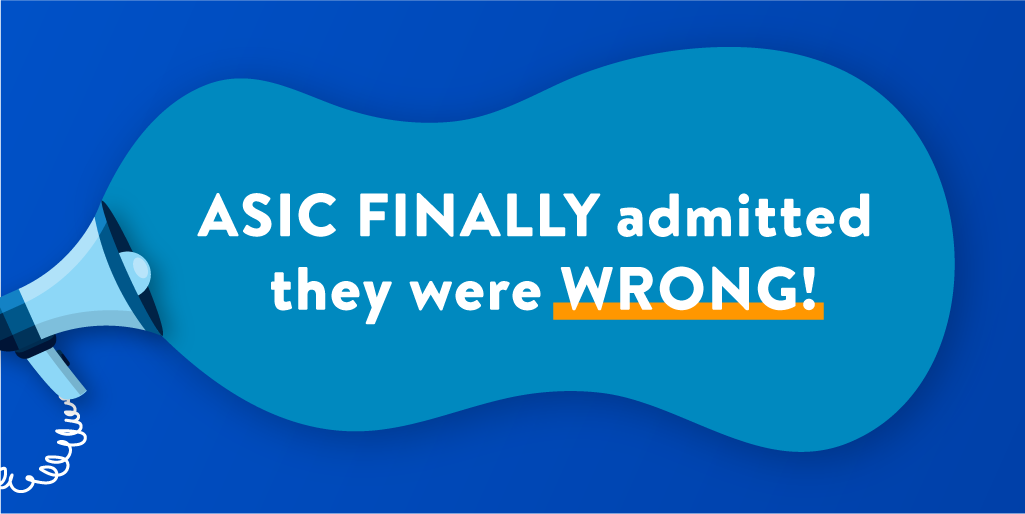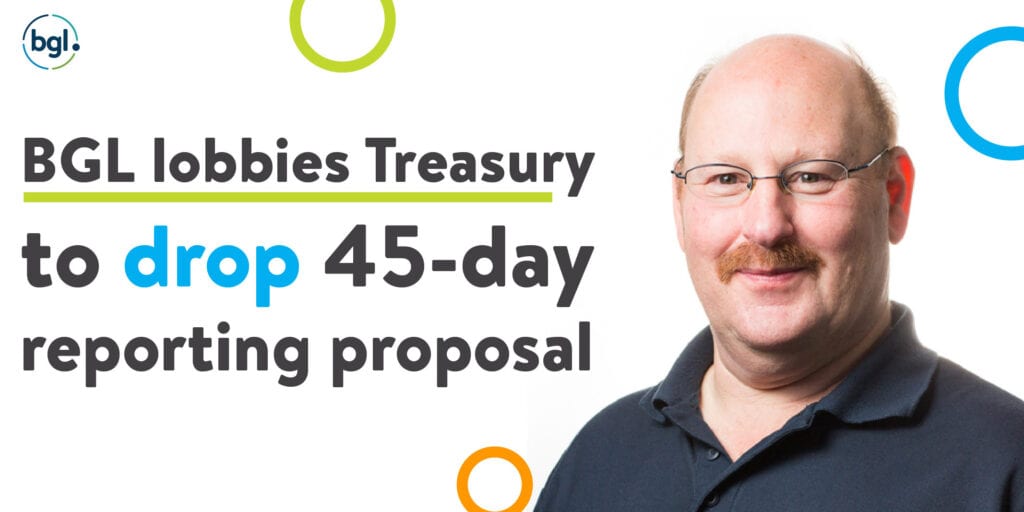Was our reaction to COVID-19 over the top?
There has been a lot written about Australia’s response to the COVID-19 virus. You have many cheering on the lockdowns and restrictions most of whom were largely unaffected. Politicians, public servants and most of the media were very lucky to escape the economic consequences of COVID-19.
But as most of our clients know, their clients were not. Many thousands of businesses will never return.
Many people, especially the young, will find it difficult to find a job for a long time.
Some businesses were lucky – they were able to not only survive but thrive during COVID-19. I am lucky BGL was one of those businesses.
But the question I keep asking is did we overreact ? And don’t think I am being heartless. I said all along we need to protect the vulnerable – a job which was done extremely poorly by the Victorian state government. But we also needed to better handle testing and maybe we should have put ANYONE who had the virus in proper quarantine. rather than letting them stay at home and go out for exercise!
We still have no idea of the long term mental health consequences of the lockdowns. I see it in my people. I see many suffering from a lack of social contact. Those that have regularly come into the office through the lockdown appear to be in a better mental state than those who did not. I worry about the long term effects and wonder what it would have been like if the virus was handled this differently.
I look at countries like Japan, Taiwan and Vietnam who did a great job of managing COVID-19. They did not do it with lockdowns. They did not lecture or scare their communities – they brought their communities along for the ride. Unfortunately our governments did not take this approach.
So what would have happened if our governments had not imposed draconian lockdowns on our communities ? The answer is we don’t know. The Andrews government imposed masks in Victoria, for example, but gave no time to see if this alone reduced the spread of the virus. In other words, in the name of keeping us safe, our governments and their group of poorly qualified Chief Health Officers decided on what was easiest for them.
I don’t know the answer – but either do they.
What I do know is unemployment is only being kept low by Jobkeeper and that our governments have generated a huge amount of intergenerational debt that our children will have to repay. I wonder if they really understand this. Few of our politicians were around when interest rates were 20%
We certainly are not all in this together.
Those who imposed the rules are all fine. Most did not lose 1 cent of income – in fact many even got a salary increase during COVID-19 while their lockdowns put so many people out of work. Those on whom the rules were imposed are not fine.
I always question when a government says we are doing this to keep you safe. Because keeping us safe always seems to lead to a loss of our rights and freedoms.
I have had huge concerns about the mental health of my team during the lockdowns in Victoria. The Victorian government seem to have ignored mental health. They are so focussed on eliminating COVID-19 they forgot all else. More is being written about the mental health affects of the lockdown now. I recently came across this article Victoria fights back COVID-19, but at what cost?















Recent Comments